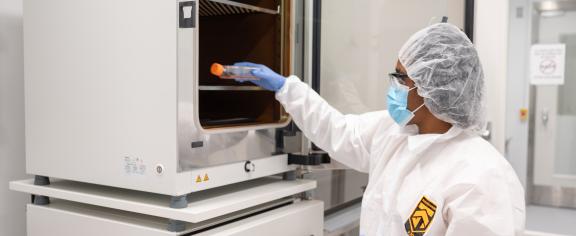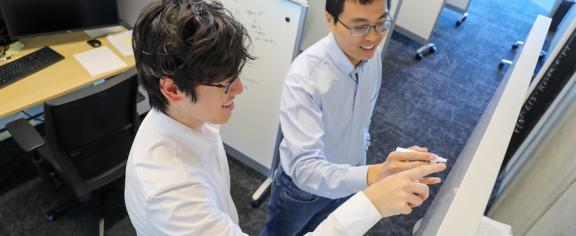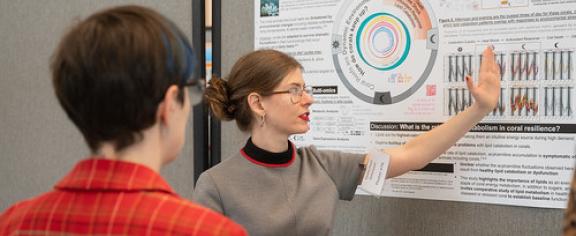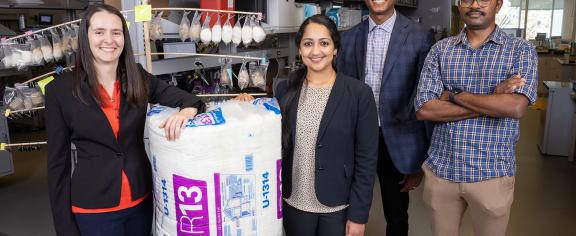2025-03-26
A significant grant from the Marcus Foundation will support the Institute's research into making cell therapies more affordable.
2025-03-14
Ph.D. student Phillip Si and Assistant Professor Peng Chen developed Latent-EnSF, a technique that improves how ML models assimilate data to make predictions.
2025-03-04
The Trustworthy Robotics Lab enables robots and autonomous systems to operate safely with humans while remaining resilient to real-world challenges.
2025-03-19
Through a new review paper published in Nature, Georgia Tech scientists are revealing how decades-long research programs have transformed our understanding of evolution, uncovering secrets that would remain hidden in shorter studies.
2025-03-20
The College of Sciences proudly recognizes the six graduate scholars awarded $1,000 in research travel grants during the Career, Research, Innovation, and Development Conference (CRIDC) poster competition.
2025-03-18
Organized by the Energy Club at Georgia Tech, the 2025 Southeastern Energy Conference welcomed over 100 attendees, including industry leaders, policymakers, researchers, and students, fostering dynamic discussions on the future of energy.
2025-03-04
The baby-friendly device measures electrolyte levels in real time, eliminating the need for repeated, painful blood draws.
2025-02-25
A new study explores how complex chemical mixtures change under shifting environmental conditions, shedding light on the prebiotic processes that may have led to life on Earth.
2025-02-27
CEE researchers’ analysis outlines path to a U.S. construction market for hemp-based fibers, which are already used for clothing and biodegradable plastics.
2025-02-21
New R&D headquarters at Science Square to drive innovation and create 110 high-paying Jobs in Atlanta.








